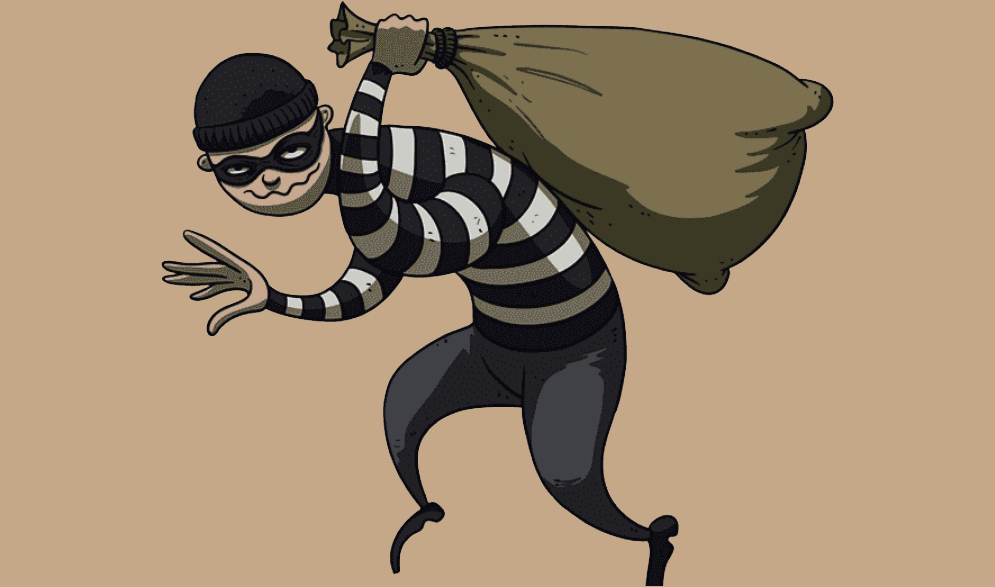
``The Shafshafa`` in Sudan: Diplomacy Enters the Realm of Theft
moatinoon
"The Shafshafa" has gained a prestigious status in sales outlets and markets carrying the title "Daglo," spread widely in Sudan. The "Shafshafa" has replaced the suppliers in the homes and warehouses, bringing in cheap, untraceable goods, stuffing them into the pockets of commercial shops and sales centers run by individuals who do not differentiate between what is lawful and what is prohibited. They are solely seeking substantial profits, even if it is tarnished and illegitimate.
The widespread phenomenon of "Shafshafa" is acknowledged in the markets. It has become a reality that residents must deal with in these complex circumstances, especially for essential food items linked to peoples livelihoods and daily needs, including scarce items like flour, oil, sugar, and bags of milk powder of unknown origin and expiry date. All these items and more are brought in by the hands of armed individuals from the neighborhoods surrounding the markets or those farther away. These thieves have no shame; their sole concern is making money, even if it is stained with blood.
Musa, a man in his fifties, with a sweet tongue like sugar, displays his goods in front of his thatched shop with some torn blankets. Musa doesnt possess a magic wand, but he has a network of his active relatives inside one of the famous markets in East Nile, east of the capital Khartoum. This man has intimate relationships with the "Shafshafa" to the extent that they call him before entering the market. He displays the suspicious merchandise and determines the selling price. After getting rid of the goods and loading the truck with the help of his group, he collects the amount and delivers it to the "Shafshafa," armed with various types of weapons, waiting for him near the tea and coffee vendor stalls. There, the deal is settled, and he is given a handful of money as his share in the dirty business.
However, "Mohammed," who used to work in real estate brokerage, has a different approach with the "Shafshafa." He buys the "Shafshafa" goods directly from the truck or cart and pays for them in cash. Then he sorts the merchandise and sells it according to his preferences since there are no laws or regulations governing price movements. Mostly, "Mohammed" comes out with the lions share, and he has not incurred any losses during the six months, the duration of his new profession in the "Shafshafa" market.
"Z," a divorced woman, is engaged in the trade of produce. She comes every Friday from the areas around Kameleen in the Gezira State, carrying her "Daffar" loaded with peanuts, lentils, okra, and some legumes and household items lying on the ground. She sells them under the feet of passersby in the Sitat market, then goes down to the "Shafshafa" shops to buy household and electrical tools at a cheap price, displaying them in those areas of the Gezira State with installment and cash. She doesnt care at all about their source or unknown identity.
As for "Gamal," the retail trader, he says, "The Shafshafa" is a complete theft of all aspects. The market is full of these "Shafshafa" goods. Of course, the term Shafshafa is a new diplomatic cover for theft, an desperate attempt by brokers and intermediaries of rampant evil to legitimize this type of crime that has become commonplace in the absence of security liquidity and the disappearance of the law and its texts.
In Sudanese local and popular communities, "Shafshafa" was originally a term for a certain type of small thieves who search the pockets of their victims for valuable and lightweight loot, such as mobile phones, gold jewelry, and hard currency. The operation is quick and takes place on side roads and dark streets. "Shafshafa" is a modern version of the old "Hambati" in terms of features; both belong to the family of theft, and they are part of the thieves family, but there is a slight difference between the two. "Hambati" has some good reputation according to storytellers and has some humanity; he may steal for a good cause. As for "Shafshafa," reality has proven that he is just a thief who has canceled his conscience.

